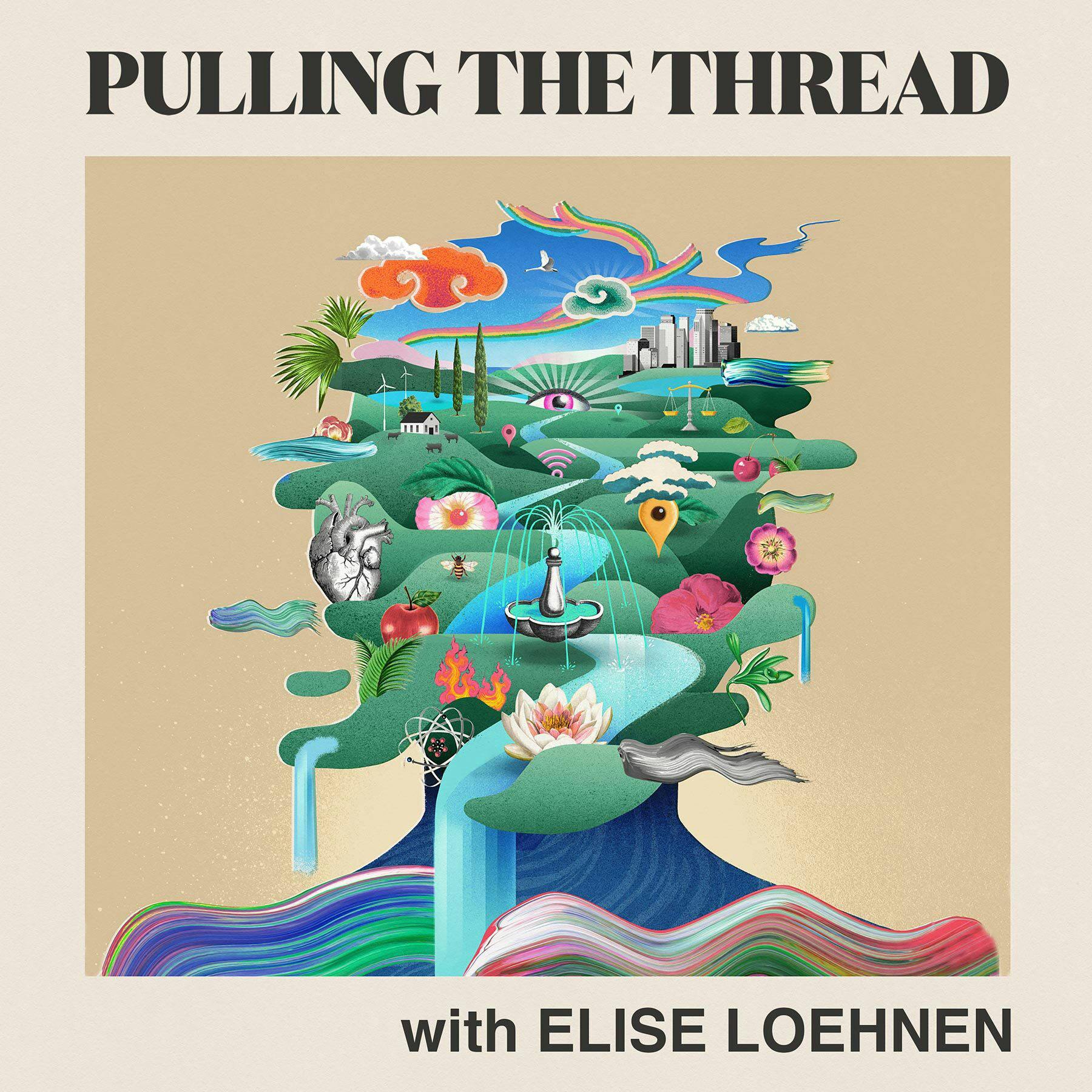Don’t Wait to Live (Rabbi Steve Leder)
Description
“There are 12 questions that enable every person who's willing to, to answer them, to reevaluate their life and their legacy. Because what I have found, um, with my father's death is I miss not a single material thing about my father. I mean, I have his hat on the shelf behind me and I have a couple of his old tools, but that's it, what I really cherish the inheritance, I really cherish are the values, the laughter, the music, the food, my love of nature. That's his legacy, his powerful b******t meter, his powerful, moral compass, his love of peoplehood. And that's what we wanna be sure we bequeath to our loved ones when we're gone. But it's more than just a bequest because when you ask yourself questions, like what is love? What makes me happy? What has been my greatest failure? What do I regret? What do I want my epitaph to be? What would I say at my own funeral as a final blessing to my loved ones? These are the kinds of questions that enable us to ask whether or not we are living the life we say, we believe in and the life we say matters,” so says Steve Leder, senior rabbi of Wilshire Boulevard Temple in Los Angeles and best-selling author of five books. In our conversation today, we talk about death and the creation of ethical wills, the subject of Rabbi Leder’s most recent book, For You When I Am Gone: Twelve Essential Questions to Tell a Life Story. The book, born of his experience helping thousands of people navigate loss, is a guide to writing a meaningful letter about your life - a so-called ethical will. Things are not our legacy, the rabbi tells us; and our estate plan will not nourish our loved ones, but our words and our stories have the power to provide something lasting and meaningful for generations to come. Rabbi Leder pushes us to examine our lives - our joys, our regrets, our successes and our failures - and to present those stories, brokenness and all, to those we love. Doing so, he says, will not only hold our loved ones when we are gone, but can serve to redirect us now as it forces us to examine the alignment between our professed values and the way in which we are actually living. His major takeaway? Don’t wait. Our bodies may disintegrate, but our lives are defined by our stories and we have the ability to create, and leave behind, worlds of meaning with our words.
EPISODE HIGHLIGHTS:
Death, the most natural thing in the world…
More than corporeal beings…
Creating an ethical will…
Through brokenness, wholeness…
MORE FROM STEVE LEDER:
For You When I Am Gone: Twelve Essential Questions to Tell a Life Story
Additional Books by Rabbi Leder
Follow Steve on Instagram and Twitter
Learn more about your ad choices. Visit podcastchoices.com/adchoices
More Episodes
“There's no generation before us that’s had this opportunity to find this treasure,” says therapist Connie Zweig, PhD. Zweig is the author of The Inner Work of Age: Shifting from Role to Soul. She outlines a compelling approach to aging—one that teaches us how to navigate identity shifts, see who...
Published 11/21/24
Published 11/21/24
Everything Richard Christiansen creates is incredibly beautiful and special. Christiansen is the founder of Flamingo Estate and the author of the new book, The Guide to Becoming Alive. He’s also a dear friend of mine. I loved chatting with him about how he moves so fast, what can spark momentum...
Published 11/14/24


